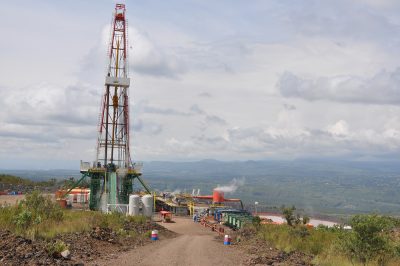Hungarian PannErgy with 4th project company
Hungarian PannErgy and the local council of Kiskunhalas (Southern Hungary) have established a geothermal-energy company in a joint venture to build a geothermal power and heating plant.
As announced by Hungarian PannErgy, listed on the Budapest Stock Exchange, the company and “the local council of Kiskunhalas (Southern Hungary) have established a geothermal-energy company in a joint venture, PannErgy reported on the website of the Budapest Stock Exchange” last week.
PannErgy owns 90% of the new company, called Kiskunhalasi PannTerm, while the local council of Kiskunhalas owns the remaining 10%.
PannTerm will begin drilling geothermal wells near Kiskunhalas after it obtains the necessary land rights and permits.
PannErgy Board of Directors Chairman Balázs Bokorovics noted that the company has now established JVs with four local councils, including those in Szentl?rinc, Tamási and Csurgó (all Southern Hungary) in addition to Kiskunhalas.
PannErgy intends to apply for European Union funding to partly finance the investments made as part of the JVs.
PannErgy sustained after-tax losses of HUF 481 million (EUR 1.7 million) in the first quarter of 2009, down 19.7% from after-tax losses of HUF 599 million in Q1 of 2008, the company announced in its consolidated IFRS report on May 15.”
The company works closely together with municipalities by getting them as partners in local projects. The company describes this on its website that “If the geological analysis made in the framework of the cooperation agreement states that an effectively operating power and/or heating plant can be built, Pannergy and the local municipality establish a project company: a limited company with HUF 100 millions share capital. Pannergy and the co-financing European banks (EIB, EBRD) suggest that the ownership of the municipality be 10%. Upon the establishment of the project company the municipality is required to pay HUF 10 million which will be lent by PannErgy to the municipalities as a maturity of 5 years without interest or any costs to be paid. It is stipulated in the agreement that the municipality should use its capital bonus, as its dividend to repay its credit facility. The agreement also contains a matrix, which indicates the municipality’s possible payment depending on the capacity of the geothermal power plant to be built and the size of the possible EU fund.”
Source: Company website and Budapest Business Journal











